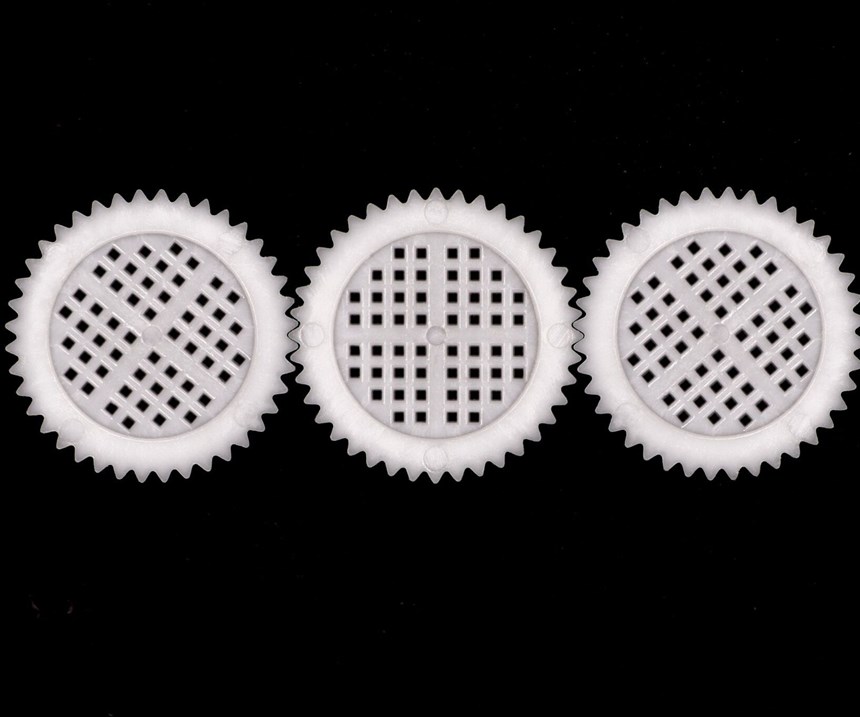Design-for-Manufacture Review on Micro-Molding Operations
According to Mold Craft Inc., a design-for-manufacture (DFM) review ensures that its customers receive the highest quality molds that produce parts with close tolerances.
Mold Craft Inc. performs a design-for-manufacture (DFM) review on new micro-mold programs to optimize the experience of its customers. According to the company, the DFM review ensures that its customers receive the highest quality molds that produce parts with close tolerances. Mold Craft performs the DFM review on new micro-mold programs using a questionnaire. This helps establish moldability and project scope. The DFM questionnaire reveals topics of consideration, including part name, material, shrink, part weight, critical dimensions, gate and parting line location, acceptable ejection location and the automation plan for the final part removal. Other considerations include shot size, residence time, shot-to-barrel ratio, part orientation, features that require slide action, draft analysis, thickness and warp analysis, shut-off conditions, thin tool steel conditions, mating part discussion and the estimated annual usage. The review also includes available molding press tonnage, tie-bar spacing, barrel size, injection style and press manufacturer.
Visit Mold Craft in booth W4207 at NPE2018, where the Wittmann Battenfeld MicroPower 15t is displayed. Mold Craft also molds PEEK micro parts in Sodick’s booth (W782) using the LP20VRE vertical molding machine with two-stage plunger system.
Related Content
-
Dynamic Tool Corporation – Creating the Team to Move Moldmaking Into the Future
For 40+ years, Dynamic Tool Corp. has offered precision tooling, emphasizing education, mentoring and innovation. The company is committed to excellence, integrity, safety and customer service, as well as inspiring growth and quality in manufacturing.
-
MMT Chats: Eliminating the Noise to Stay Focused on the Customer
Metro Mold & Design joins me to discuss the value of the 80/20 rule as a business strategy, its talented cross-functional team, the role of automation in mold building and molding, and the continuing impact of COVID-19.
-
What is Scientific Maintenance? Part 2
Part two of this three-part series explains specific data that toolrooms must collect, analyze and use to truly advance to a scientific maintenance culture where you can measure real data and drive decisions.













